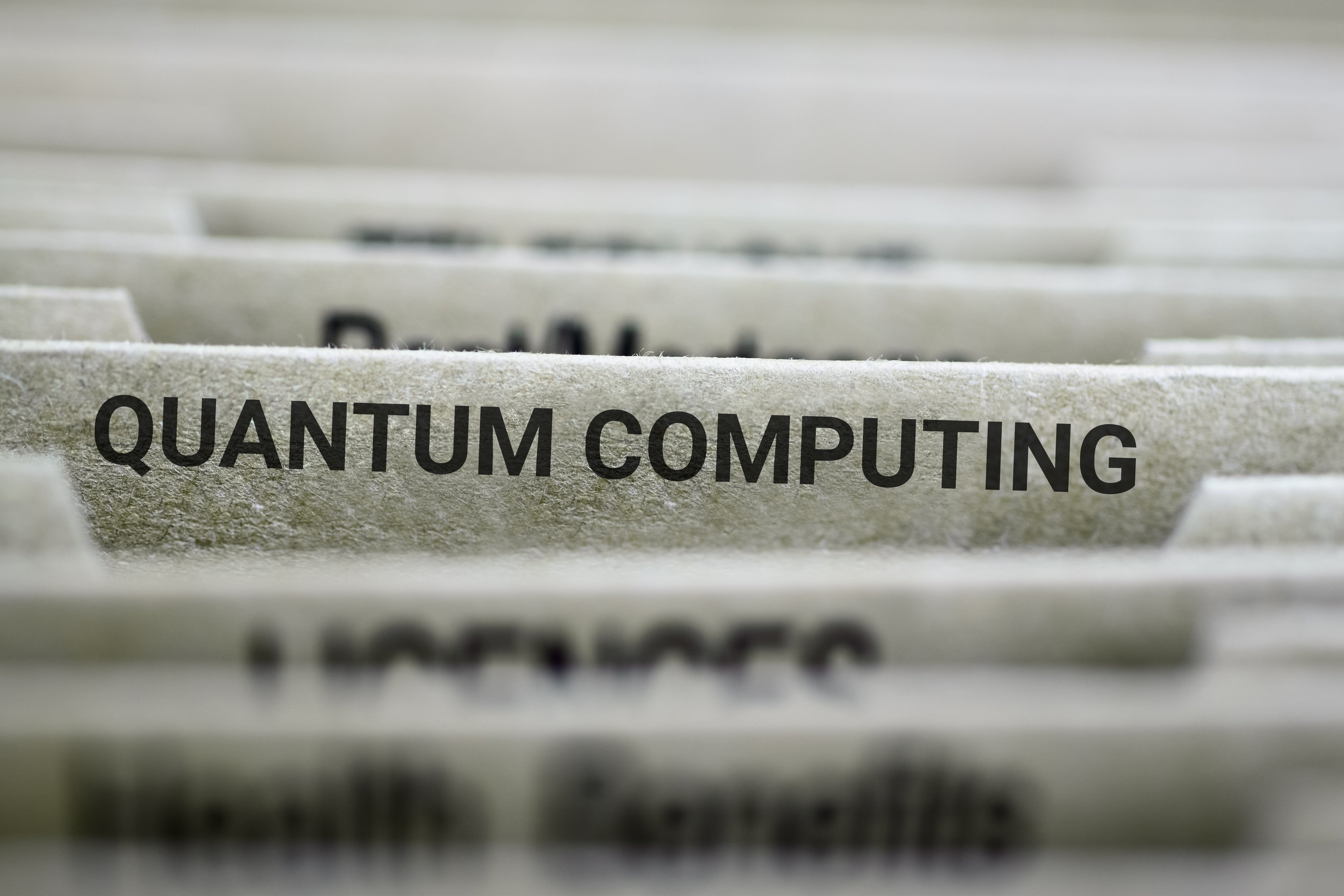Rigetti Computing's (RGTI 8.46%) shares were up more than 200% year to date just weeks ago. However, since early October, the stock has plunged over 50%. The company's disappointing third-quarter results accelerated the sell-off.
Although Rigetti beat analysts' earnings estimates, the quantum computing company fell short of Wall Street's revenue expectations. That revenue miss doesn't matter, but Rigetti's $600 million cash pile does.

NASDAQ: RGTI
Key Data Points
A meaningless miss
The consensus among analysts was that Rigetti would report Q3 revenue of around $2.2 million. Instead, the company generated revenue of only $1.9 million in the quarter.
But there was more bad news. Rigetti's revenue decreased year-over-year by 18%. It's easy to see why many investors would think the company is going in the wrong direction.
Rigetti's Q3 revenue miss is essentially meaningless, though. So is its revenue decline. Why? The company's current financial results have little bearing on what's to come.
As a case in point, Rigetti has purchase orders in hand for two 9-qubit quantum computers that are expected to generate $5.7 million in revenue. Both systems are slated for delivery in the first half of 2026. These deals, one with an Asian tech company and the other with a California artificial intelligence (AI) start-up, will exceed the total revenue that Rigetti has made so far this year.
Rigetti's most important financial metric
What really matters for Rigetti right now is its cash position. And the company is sitting pretty on that front, reporting cash, cash equivalents, and short-term investments of $600 million as of Nov. 6, 2025. Roughly $46.5 million of this total was added after the end of Q3, with Rigetti exercising warrants that raised capital.
Rigetti's cash position is its most important financial metric because the company needs money to advance its quantum computing roadmap. It remains unprofitable, posting a net loss of $201 million in Q3 based on Generally Accepted Accounting Principles (GAAP). Most of that total stemmed from a change in the fair value of derivative warrant liabilities, though. Rigetti's adjusted net loss was a less scary $10.7 million.

Image source: Getty Images.
However, the company can't depend on earnings to fund its research and development. Without a substantial cash stockpile, Rigetti could need to issue new shares to raise capital, thereby diluting the value of existing shares.
The good news is that Rigetti's cash position of $600 million should be sufficient to sustain the company for at least the next couple of years. Rigetti plans to launch a system with over 150 qubits and a median two-qubit gate fidelity of 99.7% by the end of 2026 or shortly thereafter. It also aims to deploy a 1,000+-qubit system with 99.8% mean two-qubit gate fidelity around the end of 2027.
A high-risk, potentially high-reward bet
Unfortunately, Rigetti's substantial cash stockpile doesn't guarantee its success. The company faces significant challenges, including stiff competition.
Rigetti believes that the superconducting approach to building quantum computers is the best strategy. However, it isn't the only company focusing on superconducting. Alphabet's (GOOG 0.02%) (GOOGL 0.05%) Google Quantum AI, Amazon (AMZN 1.02%), Fujitsu (FJTSY 4.51%), IBM (IBM 0.82%), and privately held IQM Quantum Computing are also taking a similar approach.
It's possible that Rigetti could be wrong, with another technology proving to be superior. IonQ (IONQ 7.54%) is confident in its trapped-ion architecture. Microsoft (MSFT 0.74%) thinks it's onto something big with its topological conductors, which represent a new type of material that could enable greater control and scalability of qubits.
Rigetti's $600 million is a nice cushion. The fact remains, though, that this quantum computing stock is a high-risk but potentially high-reward bet.












